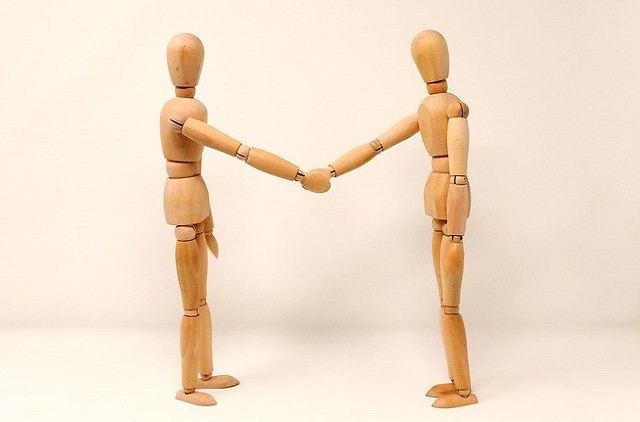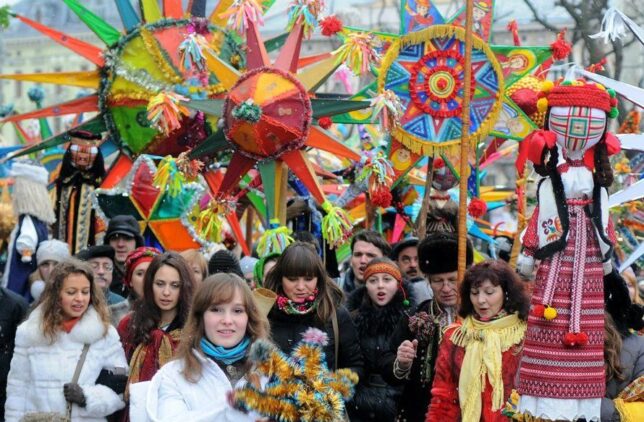Christmas Wishes - Transcript
Man: Hey there! Are you doing some Christmas shopping?
Woman: Yes! I love this time of year! I hope it snows before Christmas Day.
Man: Me too! There’s something magical about a white Christmas. What are your plans?
Woman: Well, I wish I could make it home to see my family. It’s been a while since we all celebrated together.
Man: That would be nice. Getting together with family is the best part of the holidays. Any chance you can make it?
Woman: Unfortunately I don’t think I’ll make it this year. Plane tickets are so expensive. But I’m keeping my fingers crossed. How about you? Any exciting plans?
Man: I’m planning a small get-together with friends. It’s not the same as being with family, but it’ll be cozy and festive.
Woman: That sounds nice. I hope you all have a great time.
Man: Thanks! And I really hope you find a way to make it home. Being with family makes the Christmas season extra special.
Woman: Absolutely. Let’s hope for snow, and finding a way to be with loved ones. Merry Christmas!
Man: Merry Christmas to you too! And who knows, maybe we’ll both get our wishes this year.
How to Express Hopes & Wishes

Expressing hope and wishes in English is an important part of communication. Two common expressions used for this purpose are “I wish…” and “I hope…” Each of these expressions is used in slightly different contexts.
“I Wish” Grammar & Usage
“I wish…” is often used when expressing a desire for a situation to be different or for a past event to have had a different result.
Simple Present
In the simple present tense, it can be used as follows: “I wish I had more time to spend with my family.” In this example, the speaker expresses a current desire for more time with family.
Simple Past
For the simple past tense, “I wish” is used to express regrets about a past event: “I wish I had studied harder for the exam.” Here, the speaker expresses a desire for different actions in the past.
Gerund
When using a gerund, “I wish” can convey ongoing desires: “I wish studying were more enjoyable.” In this case, the speaker expresses a continual desire for studying to be a more pleasant experience.
Infinitive
The infinitive form can be employed to express general or future desires: “I wish to travel the world someday.” This example conveys a broader aspiration for future travel.
Past Participle
Finally, the past participle is used when expressing hopes or wishes that concern a completed action: “I wish I had known about the surprise party.” The speaker expresses a desire for awareness of the surprise party in the past.
“I Hope” Grammar & Usage
On the other hand, “I hope…” is used when expressing optimism and positive expectations for the future.
Simple Present
In the simple present tense, it can be used as follows: “I hope it snows before Christmas.” This example reflects a positive expectation for snowfall in the future.
Simple Past
“I hope…” in the simple past tense is used to express a positive expectation related to that past event. For example, “I hope you enjoyed the party last night.”
Gerund
When using a gerund, “I hope…” expresses a positive expectation regarding an ongoing action or state. For example, “I hope you don’t mind me joining the conversation.”
Infinitive
The infinitive form is used to express a desire or intention for the future. For example, “I hope to travel to Paris next year.” In this example, “I hope…” conveys the aspiration to travel to Paris.
Past Participle
Finally, when used as a past participle, “I hope…” expresses a positive expectation related to a completed action. For example, “I hope you have enjoyed your vacation.”
요약
In summary, “I wish…” and “I hope…” are versatile expressions that can be adapted to various tenses to express desires, regrets, and positive expectations. These expressions provide English language learners with valuable tools for effective communication.







